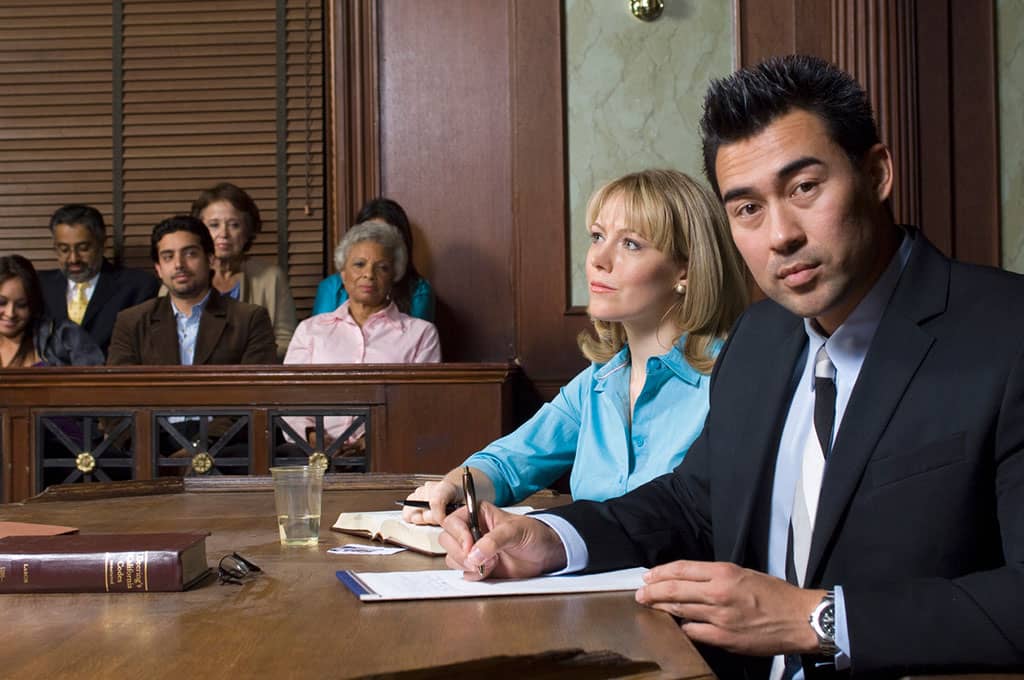When litigation is moving fast, the last thing attorneys need is a deposition delay or a questionable record. Yet many carriers and defense teams run into exactly that problem when panel vendors cannot provide a Certified Shorthand Reporter (CSR). Too often, the “solution” presented is a digital recorder or AI-generated transcript—methods that raise compliance risks under Texas rules and can jeopardize admissibility.
The fix is straightforward, cost-neutral, and fully compliant: authorize counsel to retain licensed Texas CSRs from non-panel firms at your contracted rate whenever the panel vendor cannot provide one.
What the Policy Looks Like
Here’s sample language you can add directly to litigation guidelines, claim-handling manuals, or preferred-vendor agreements:
Counsel may, at their discretion, select a licensed Texas Certified Shorthand Reporter (CSR) from a non-panel firm when the panel vendor cannot provide a qualified CSR, provided the non-panel provider matches the contracted panel rate and agrees to panel billing terms. Counsel will document the rate match and confirm CSR licensure in the order confirmation.
Approve this once, and every time a panel vendor can’t supply a CSR, your attorneys can keep the case on track—at the same rate, with licensed reporting, and no surprises.
Why This Policy Matters
- Cost Impact: $0. The contracted rate holds.
- Quality Impact: Higher. Licensed CSRs produce verbatim, certified transcripts admissible in Texas courts.
- Risk Impact: Lower. Eliminates challenges to accuracy, confidentiality, or custody.
National vendors often push “digital reporting” as a solution, but these alternatives carry higher risk and lower compliance. This one-sentence policy adjustment ensures your litigation teams never have to compromise.
Texas Compliance Rules
Under Texas law, depositions must be reported by a Certified Shorthand Reporter (CSR). There are narrow “emergency” exceptions when no CSR is available, but these require affidavits or on-record stipulations and are not meant to be routine.
By adopting the non-panel CSR authorization policy, you:
- Stay compliant with Texas deposition rules.
- Avoid reliance on questionable digital methods.
- Provide your counsel with a clear, compliant fallback plan.
Step-by-Step: How to Implement
- Insert policy language into litigation guidelines.
- Notify panel vendors that counsel may retain outside CSRs if coverage is unavailable.
- Designate a compliance contact to verify CSR licensure and confirm rate matches.
- Track outcomes: missed coverage avoided, compliance maintained, challenges reduced.
This cost-neutral adjustment protects compliance, improves transcript quality, and reduces litigation risk—without adding expense. Adopt the policy language, notify counsel and vendors, and stay within Texas rules while preventing last-minute scrambles.
What if the panel vendor says no CSR is available?
Counsel may retain a licensed CSR from a non-panel firm at the same rate, preserving schedule and compliance.
Is an AI-generated transcript admissible?
AI output is not a sworn, verbatim record. Expect hearsay and authentication objections. Only a licensed CSR provides a certified, admissible transcript.
Are “emergency” non-CSR depositions allowed in Texas?
Only in rare cases, with strict affidavits or stipulations. Treat these as exceptions, not workflow.


